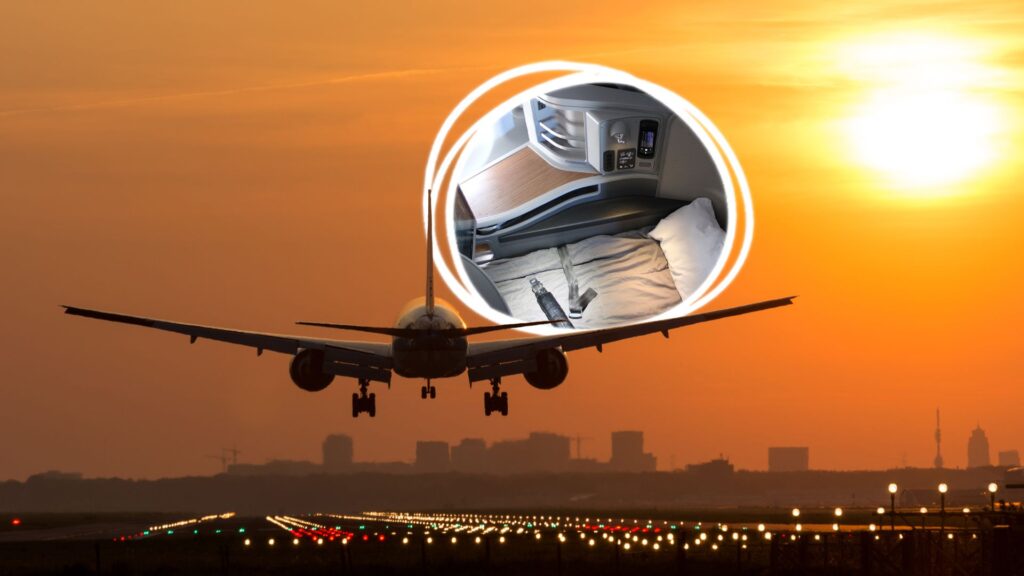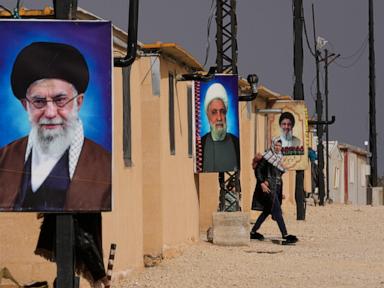
The decline of international first class on major US airlines has raised questions about the future of luxury air travel. Once considered the pinnacle of comfort and service, international first class cabins have all but disappeared from most US carriers. This shift reflects changing consumer behavior and evolving market dynamics, as airlines increasingly prioritize profitability and efficiency over traditional luxury offerings.
The Rise of Business Class
Most major US airlines, such as Delta Air Lines and United Airlines, have eliminated their international first class products. Instead, they have opted to enhance their business class offerings, which now provide amenities that were once exclusive to first class. According to analysis from Thrillist, modern business class experiences have blurred the lines with first class, featuring lie-flat beds, sliding privacy doors, and high-quality dining options.
The economic rationale for this change is clear. The demand for ultra-premium travel is not substantial enough in the US market to justify the costs associated with maintaining first class on long-haul routes. Business class has evolved to deliver a comparable luxury experience at a significantly lower cost. For instance, airlines can fit more business class seats into their aircraft, generating higher revenue without the financial burden of underutilized first class cabins.
Factors Influencing Airline Decisions
Several factors influence airlines’ decisions to maintain or eliminate first class cabins. One crucial aspect is the cost-to-revenue ratio. First class seats are expensive to install and occupy valuable cabin space. Airlines often find that these seats do not sell out, limiting their return on investment. Data from Islands.com suggests that while some international carriers in Asia and the Middle East retain first class for branding purposes, US airlines typically prioritize financial sustainability.
Consumer behavior also plays a significant role. Many US travelers, particularly corporate clients, prioritize comfort and functionality over the luxury of first class. Most business travelers are sponsored by their employers and prefer business class for its combination of comfort and practicality. Loyalty programs further incentivize business class purchases over first class upgrades.
Moreover, the financial challenges faced by the middle class in recent years have shifted spending habits. Passengers who once splurged on first class are now opting for business class or premium economy, as they seek to balance comfort with cost. The wealthiest travelers, meanwhile, have increasingly turned to private jets, which offer a similar price point to first class when shared among multiple passengers.
The American Airlines Exception
While most US carriers have phased out international first class, American Airlines remains an anomaly. Its Flagship First International service is currently available only on select aircraft, specifically the Boeing 777-300ER. This service includes fully lie-flat seats, gourmet dining options, and access to exclusive lounges. However, even American Airlines has announced plans to eventually retire its first class service in favor of a more modern business class experience.
The decision to retain first class for now is largely due to legacy routes and branding strategies. Yet, as the airline evolves its offerings, it is likely that first class will vanish from its fleet entirely in the coming years.
Emerging Alternatives
In the absence of traditional first class, a new breed of business class is emerging, designed to mimic the luxury experience without the hefty price tag. Airlines like Emirates, Singapore Airlines, and Air France continue to offer first class, but this service is not universally available across all aircraft. These airlines cater to a wealthier demographic, particularly on long-haul international routes, where demand for premium travel remains robust.
Many frequent travelers report satisfaction with the enhanced business class options, finding that they offer the comfort and service once reserved for first class. Products like United’s Polaris Business Class and Delta’s Delta One Suite have garnered positive reviews for their luxurious features, effectively meeting passenger expectations without the need for a traditional first class offering.
Conclusion
The landscape of air travel is changing, with international first class on the decline among US airlines. Business class has become the preferred choice for many travelers, offering a level of comfort and service that meets modern expectations. American Airlines stands as the last major US carrier with an international first class product, but even that is set to be replaced as the industry adapts to new economic realities.
For travelers, the good news is that business class has never been more inviting, with amenities that rival those of the previous first class experience. Looking ahead, the likelihood of a first class resurgence on US carriers appears slim, as the industry continues to prioritize efficiency and customer satisfaction in an evolving market.






